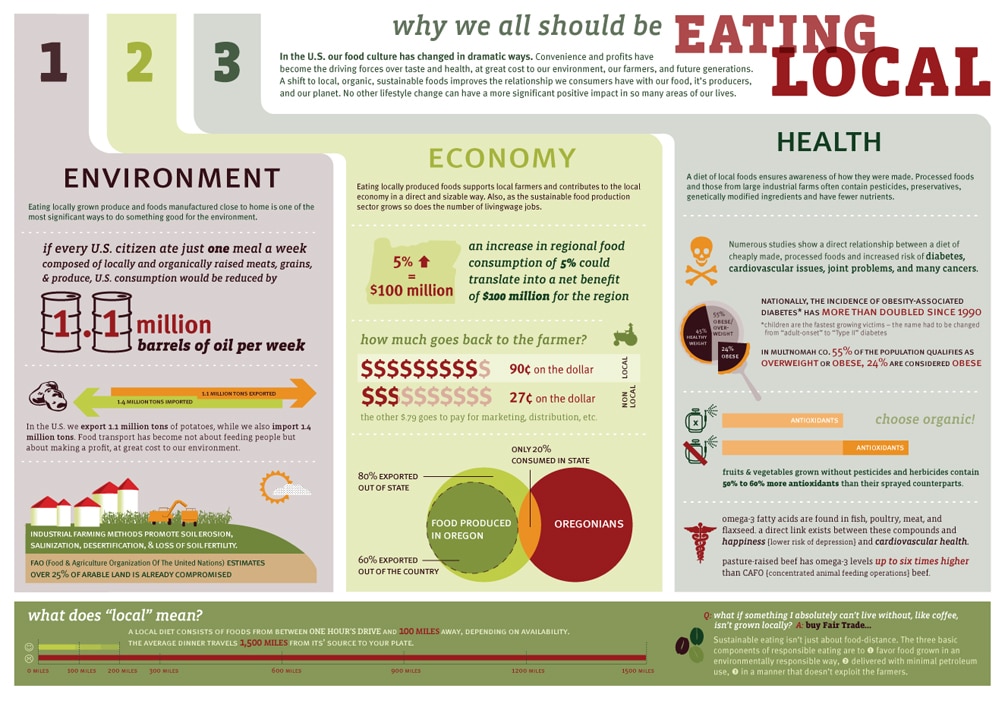explore
Agriculture
Food production all over the world relies on fresh water to irrigate crops and gardens. Rarely is the rainfall alone consistent or plentiful enough to keep crops and gardens well hydrated. So farmers must irrigate, or add water with systems that transport and distribute fresh surface water or groundwater across the land.
Agriculture can also be a source of pollutants running off the land and into waterways that run through and near farms. When rain falls on a farm, it can wash dirt, fertilizers, chemicals, manure, and other contaminants into nearby streams and rivers. There are good land and farm management practices that can prevent these things from happening.
Essential Questions
- What benefits have been resulted from the changes to the river/ watershed as a result of AGRICULTURE?
- What problems or threats have resulted from the changes to the river/ watershed as a result of AGRICULTURE?
